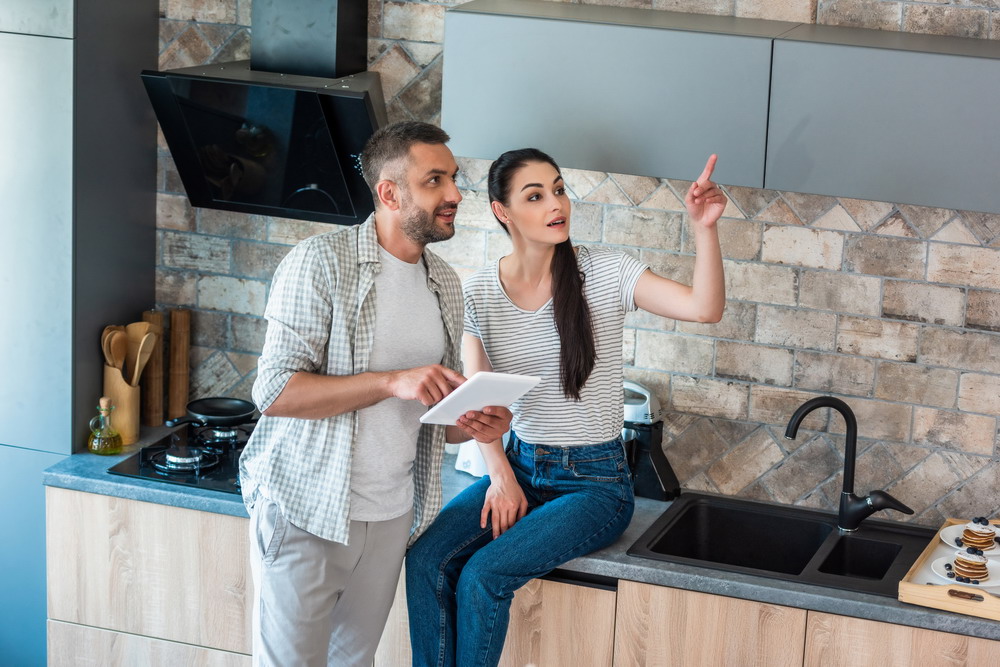
Which Home Security System Is Best for Vegas Homeowners – 2024 Guide
Las Vegas homeowners in search of a state-of-the-art home security system have plenty of options. In fact, do a brief online search and you will run across dozens of companies all claiming to have the best equipment backed by the best customer service. The problem with such claims is that it is awfully difficult to quantify what ‘best’ actually means.
Figuring out the best home security system for Vegas homeowners, based solely on marketing claims, is like trying to determine the best color for your car. It is too subjective. So what is a homeowner to do? Two things:
- Determine the most important needs; and
- Find a system that meets as many needs as possible.
Vivint Smart Home is a nationwide wireless security and home automation provider. They recommend a full assessment of your home and your security needs before you ever start shopping for equipment. They also suggest carefully considering whether you want DIY home security or professional installation.
DIY vs. Pro Installation
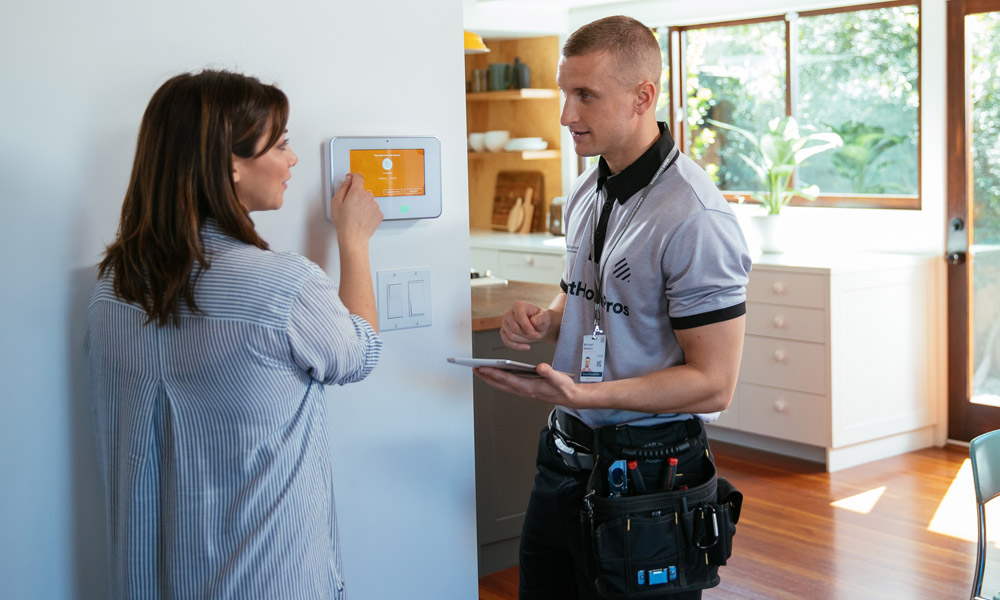
The difference between DIY and pro installation is like night and day. You take delivery of a DIY system, unpack it, and set it up yourself. The nice thing is that modern systems are all wireless. That means you are not cutting into walls and running new electrical connections. If you are tech savvy enough to set up a wi-fi router, you should be able to set up a DIY security system.
With pro installation, an authorized technician comes in and does everything for you. The technician will locate your cameras. He will find the best place for your hub. He will make sure all the devices are communicating with one another as they should.
So why choose one over the other? Many people who choose DIY do so because of the price. Simply put, DIY systems tend to be less expensive. Those who prefer professional installation generally do not trust their own ability to set up a system. They would rather pay a professional do it and have the confidence that it has been done right.
Monitored vs. Non-Monitored
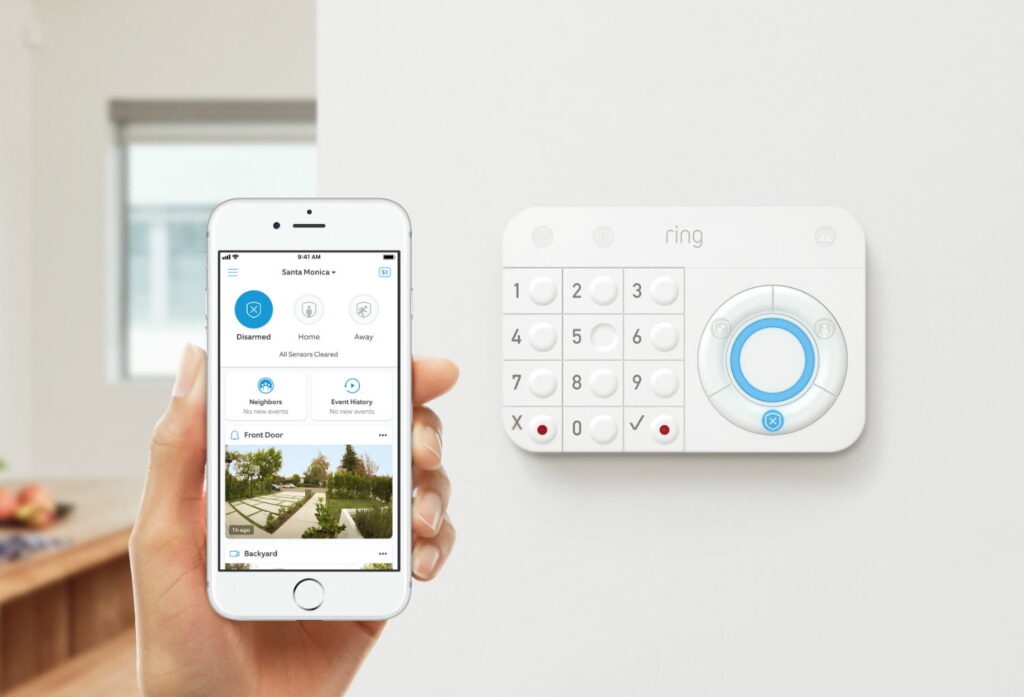
Another thing to consider in the question of DIY versus pro is whether or not you want your security system monitoring. Almost all professionally installed systems are remotely monitored by the same company that provided the equipment. If you are going DIY, you have a couple of options.
A lot of the DIY packages do have monitoring available. You pay a monthly fee for the same remote monitoring protection you get from a professionally installed system. Your other option is to monitor the system yourself. Set it up so that you get email or text alerts whenever an alarm is triggered. It is then up to you to determine what to do with those alerts.
Home vs. Apartment
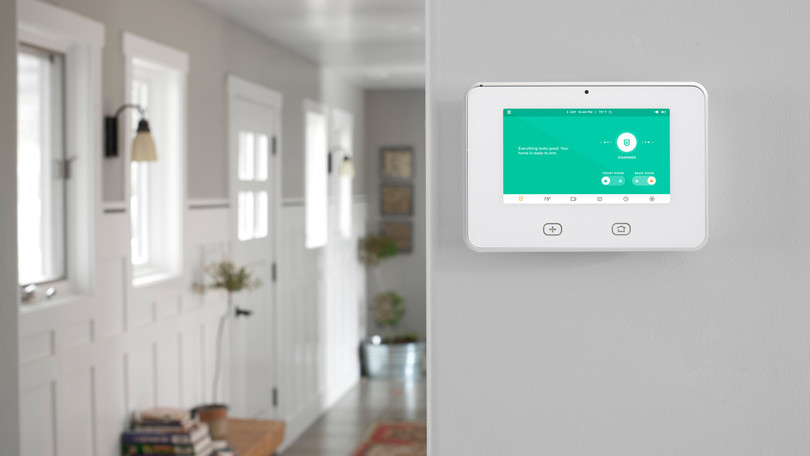
Moving on to your particular needs, are you a Las Vegas homeowner or do you rent an apartment? This makes a difference. If you own your home, you are free to do with it as you please. You can mount cameras wherever you like, for example. You may not have that freedom in a rental unit.
Renters can still use DIY wireless security systems. However, they may be restricted from certain activities. For example, your lease might stipulate that you cannot attach anything to the wall – either indoors or out. That means you might not be able to put security camera outside to monitor your front door.
Primary Access Points
Next, consider the primary access points into your home. This is the starting point for designing a home security system. First floor access points are obviously the most vulnerable. Believe it or not, the front door is the most common access point for burglars. This suggests that you install at least one video camera to keep an eye on the front door.
If you own your home, what does the landscaping on your property look like? Easily accessible windows are another tempting entry point for burglars. This suggests you might want to put security sensors on those windows. You might also consider putting prickly shrubs in front of the windows to deter burglars from using them.
Occupants of the Home
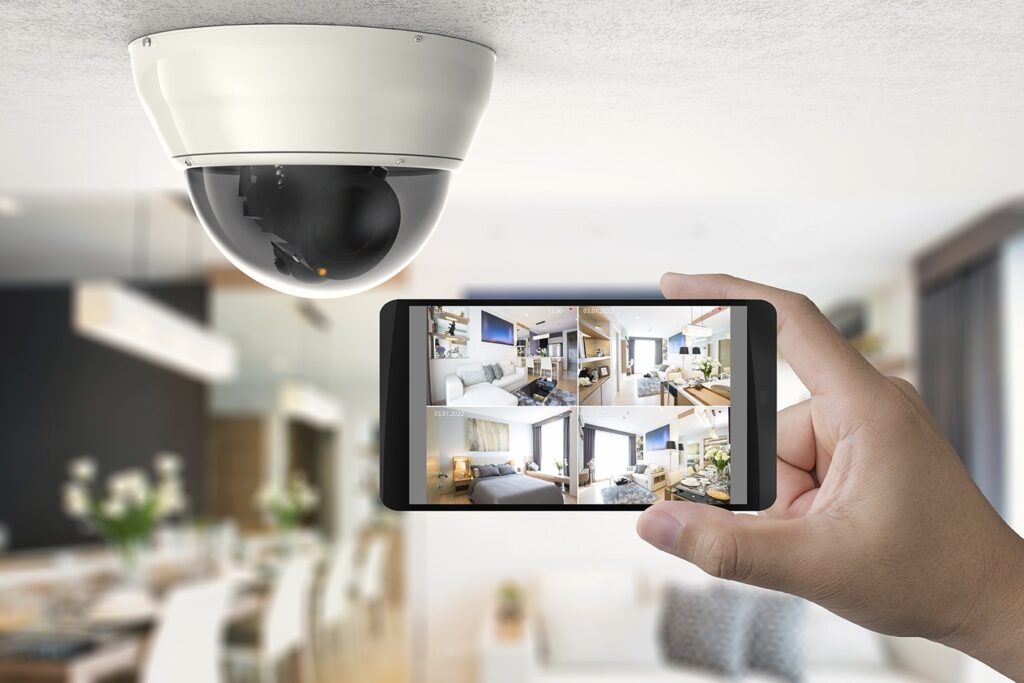
You are obviously going to consider everyone who lives with you. But take your time and think this part through. The occupants of your home are more valuable than your possessions or the home itself. How will you protect them with your security system?
If you have children who spend time at home alone between school and when you get home from work, you might consider a few extra video cameras located in key areas around the house. Perhaps one in the kitchen and another in the family room. Extra cameras will make it easier for you to monitor the kids while you wait for your shift to end.
If you have seniors living with you, consider medical monitoring. This sort of monitoring provides a device that seniors can keep with them at all times. If they ever have a medical emergency, they simply activate the device to send an alert.
The Best Is What Works for You
This post has discussed DIY systems, professionally installed systems, and some of the needs you should think about before choosing a home security package. The point of all of this is to help you understand that the best security system is the one that works for you. Finding the best system is a matter of understanding your needs and then putting together the components that meet those needs at a fair price.
One company’s security system is not the best simply because they say it is. Another’s is not necessarily worse because it costs less. Be aware that when it comes to home security, the quality of most brand-name equipment is pretty even across the board. What you are really looking for is a system with all the components that meet your needs along with a price tag that doesn’t break your budget. Find that and you will be good to go.
